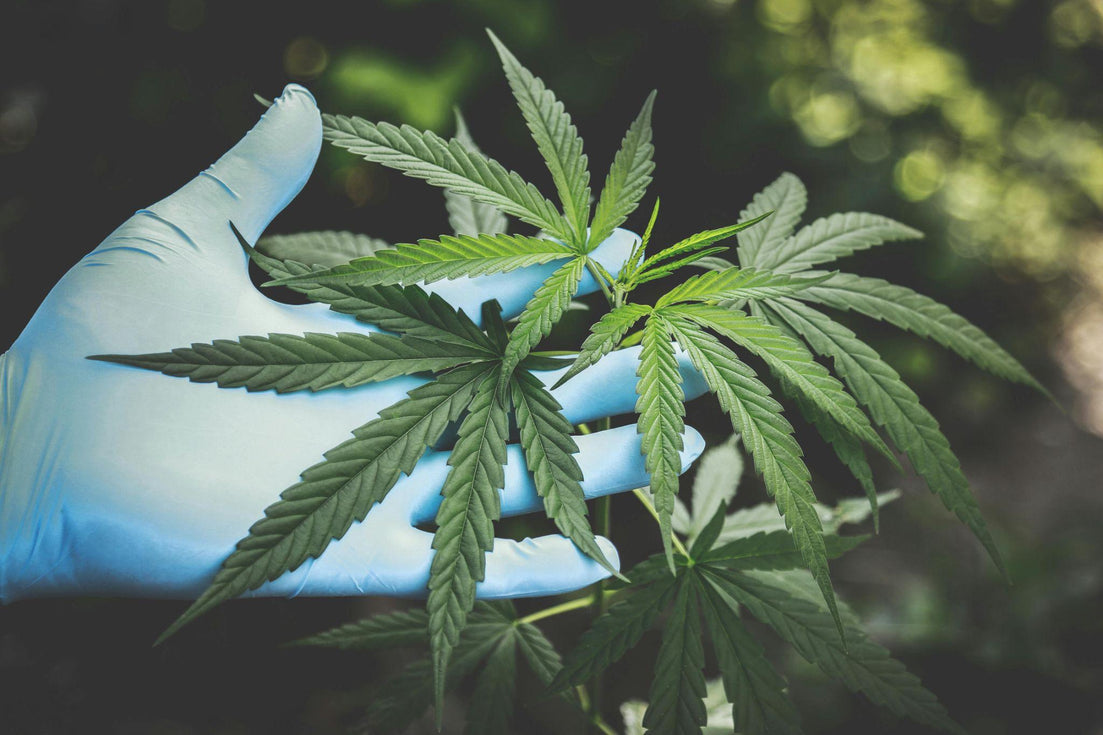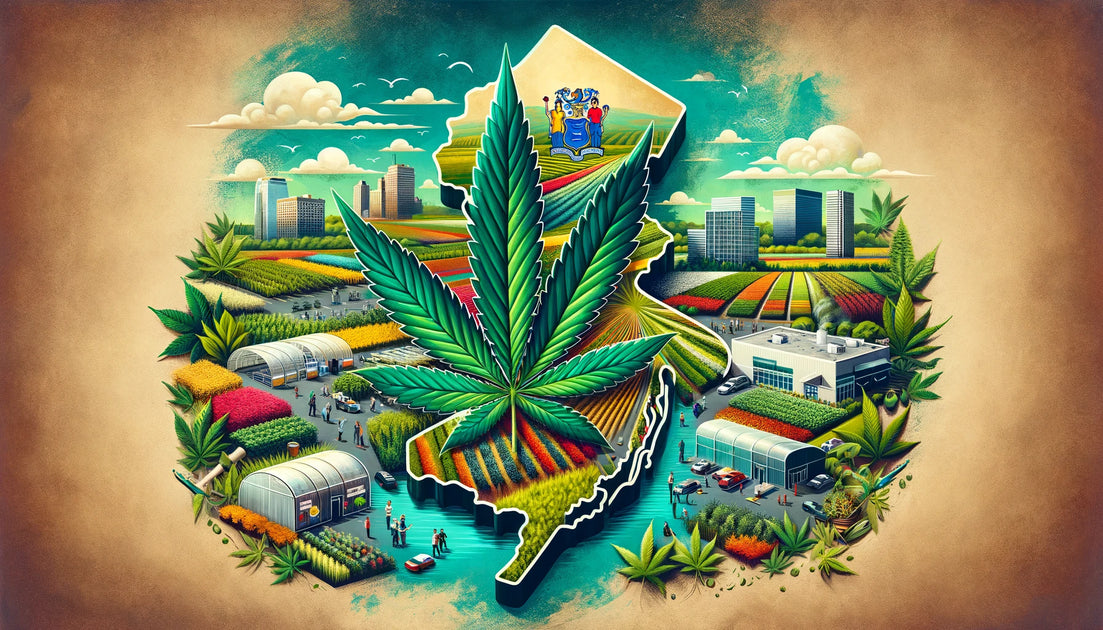Your cart is currently empty.

Cannabinoid receptors are an important part of the human body. They play several vital roles and allow cannabis to affect us the way it does. We've all heard talk and speculation of how cannabis, cannabinoids, and exercising our cannabinoid receptors can be bad for us but these things are far from the truth. Let's dig a little deeper into what cannabinoid receptors are and what they do for us.
A Brief Cannabinoid History
Israeli professor of Medicinal Chemistry and Natural Products at the Hebrew University of Jerusalem, Raphael Macheoulam uncovered many cannabinoids like THC, CBD, and CBG, among others in 1964 while conducting a study of the cannabis plant.
When researchers saw how strongly these cannabinoids affected the human body, further research was sparked to discover the naturally occurring compound in the body which creates a similar effect. This led to the discovery of Anandamide, which is an endogenous pain reliever.

These beautiful plants brought to you by @advancecbd
These discoveries also inspired the hypothesis that there would be corresponding cell membrane receptors. Finally, the discovery of the endocannabinoid system took place. This system of receptors can be found in all tetrapod vertebrates which includes reptiles, mammals, birds, and amphibians.
What Does the Endocannabinoid System Do?
CB1 and CB2 receptors, which are found in the lung, liver, kidney, intestine, spleen, lymphatic tissue, and nerve tissue, play roles in our blood formation functions and immune system. That's not all they control; they also control anxiety, autonomic and neuroendocrine responses, control of the vomiting reflex, appetite control, cognition, motor behavior, glucose metabolism and insulin resistance, nausea, hunger, sensory, inflammatory effects, and memory.
Believe it or not, the endocannabinoid system is actually responsible for the feeling of pleasure humans get when they exercise. This sensation, commonly known as runner's high, used to be though to be caused by endorphins, but as actually thanks to the endocannabinoid system.
Where Would We Be Without Cannabinoid Receptors?
Scientists have found a direct correlation between increased risk of colon cancer and a lack of cannabinoid receptors in the colon. They have also found that cannabinoids have the ability to stop and kill cancerous cells without disturbing healthy cellular functions.

Cannabinoids hold a world of possibilities within them. This beautiful photo courtesy of @cureganics
Cannabinoid receptors are an important part of the human body with an important role to play. Without them, you could face an increased risk of cancer among other problems. Not only are these receptors important, but they also leave open a world of researching possibilities. Scientists have already learned many medical benefits to cannabinoids like THC and CBD; there's a whole world of possibilities out there.



